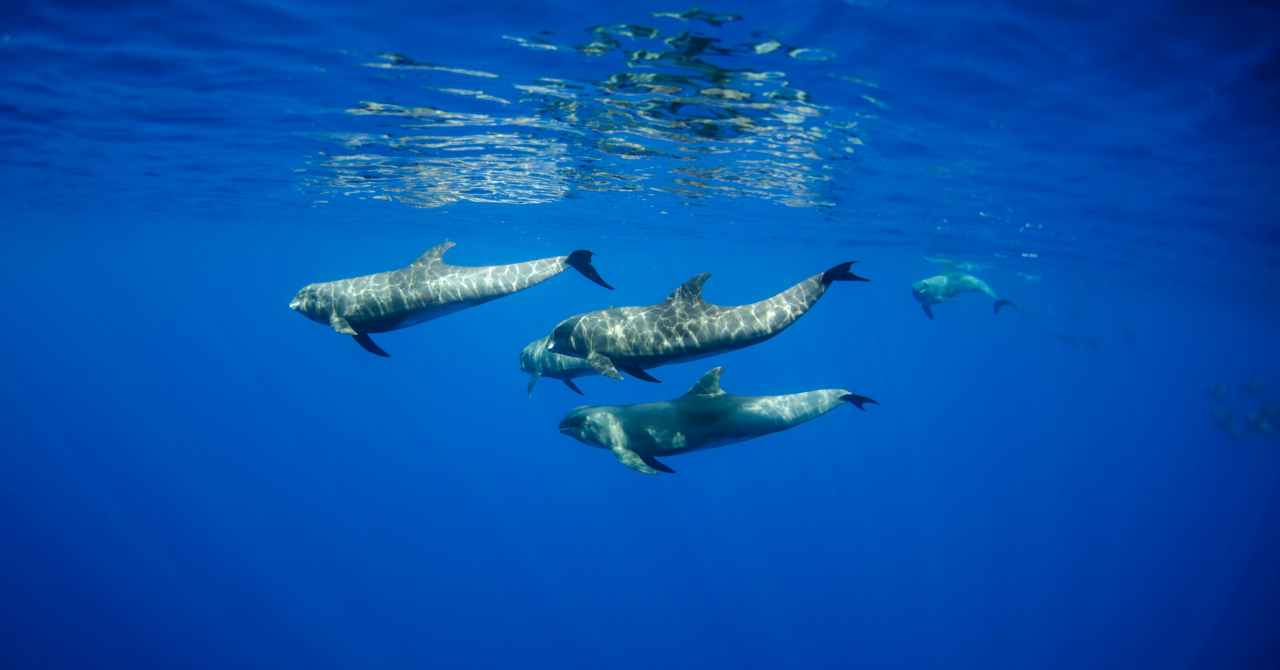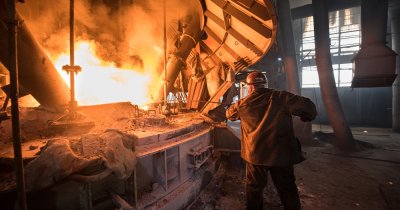As I said in the beginning, seas and oceans are not quiet places to start with, since crashing waves, coral reefs, animals swimming and earthquakes make their own kind of noise.
Researchers were able to find, by using hydrophones, that even cracking glaciers make very loud noises that can be heard from thousands of kilometers away.
According to Clean Tehnica, even early human activity, like swimming and fishing, generated its own noise in waters around the world, but as we got more advanced and started sailing and using engines on our ships and submarines, noise levels started to increase dramatically.
"Sound travels faster and farther in water than in air. Over evolutionary time, many marine organisms have come to rely on sound production, transmission, and reception for key aspects of their lives. These important behaviors are threatened by an increasing cacophony in the marine environment as human-produced sounds have become louder and more prevalent", the study reports.
Technology could come in handy, through the development of quieter propellers and quieter engines, while offshore wind turbines could be made to stay afloat rather than being pile-driven into the ocean floor.
By implementing electric engines on ships that travel long distances, we could not only reduce noise levels, but also pollution levels on a global scale.
 Mihai - Cristian Ioniță
Mihai - Cristian Ioniță












Any thoughts?